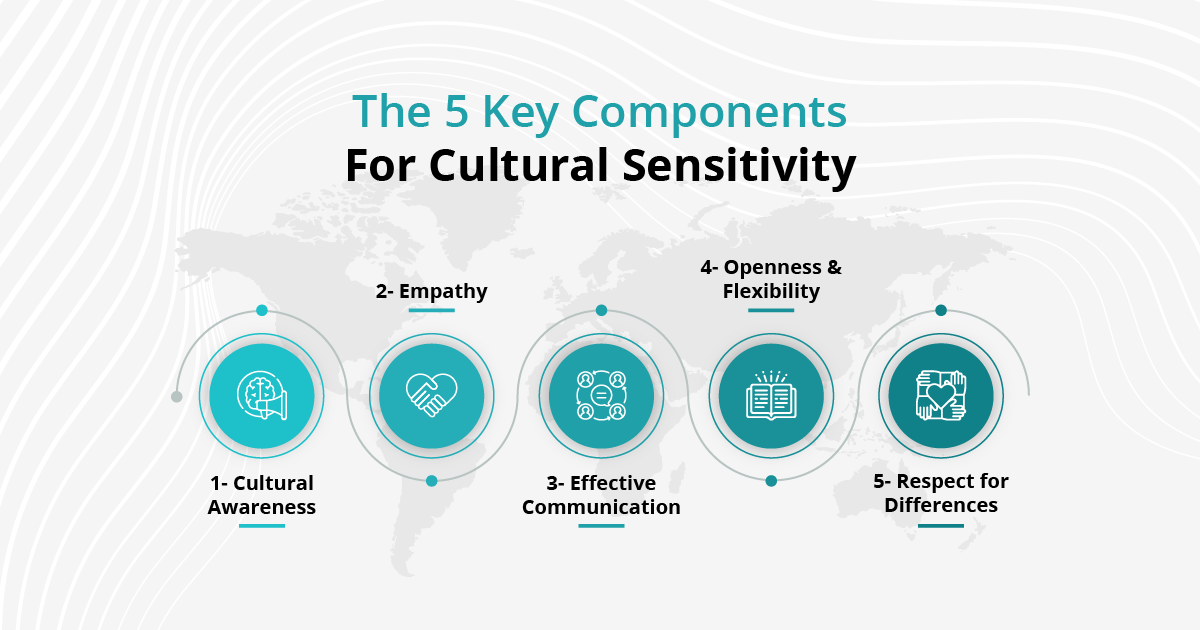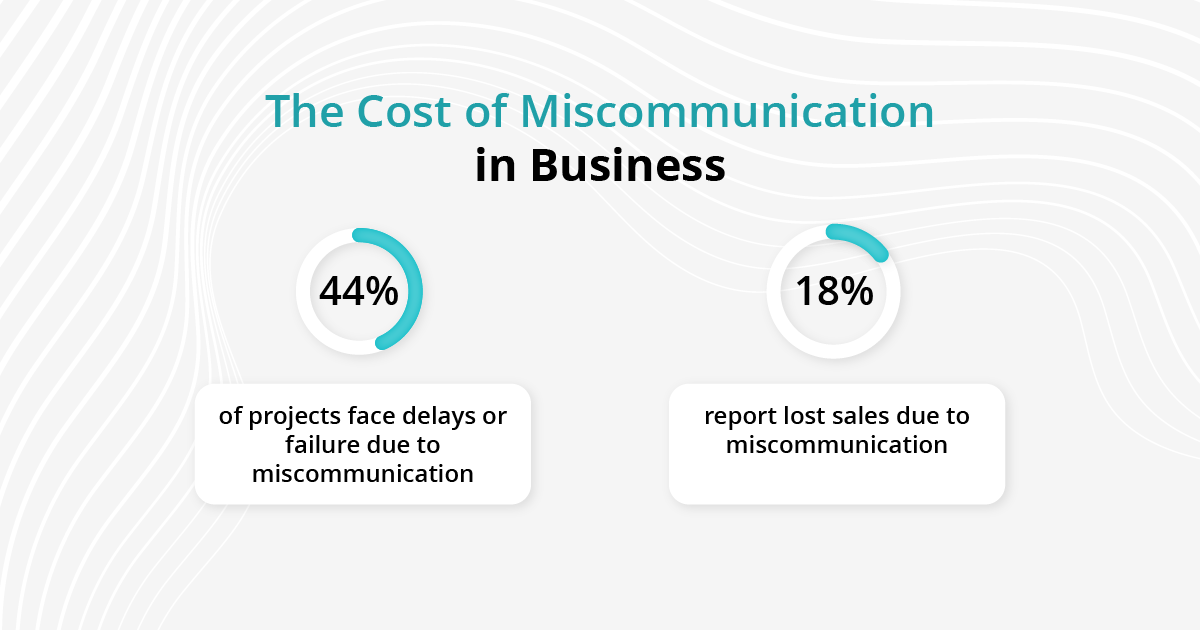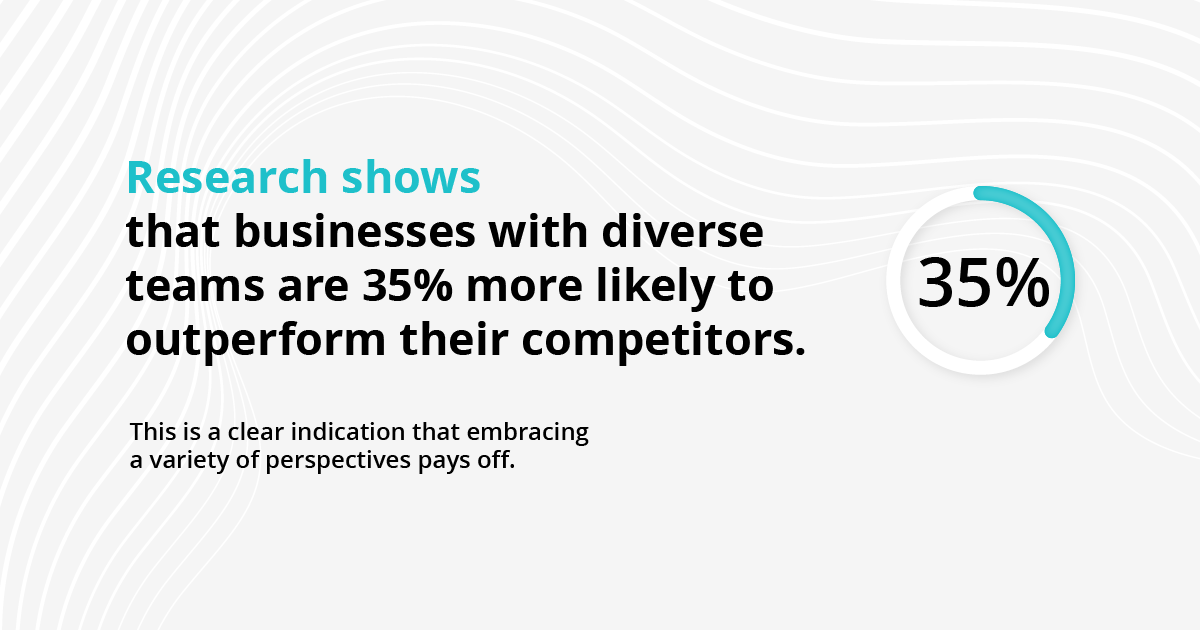How Can Cultural Sensitivity Drive Your Global Business Growth?
Imagine trying to navigate a new city without a map—confusing, right? The same goes for businesses operating internationally.
If you want to truly connect with customers, partners, and employees from different cultures, you need to embrace cultural sensitivity. But what does that really mean?
Well, let’s understand what cultural sensitivity is, what it involves, why it is important for businesses scaling globally, and how it can drive business growth and make your brand shine on the global stage!
When you tap into this awareness, you’re not just avoiding potential pitfalls; you’re opening the door to exciting opportunities and richer relationships.
Let’s start!
What is Cultural Sensitivity?
Cultural sensitivity is simply recognizing and respecting the unique qualities of people from diverse backgrounds and cultures. It means understanding that no single culture is “better” than another and avoiding judgments based on someone’s background.
It’s about being aware of your own biases and making a conscious effort to see things from other perspectives. This can be divided into the following:
The Five Key Components of Cultural Sensitivity:
- Cultural Awareness:
This is the foundation of cultural sensitivity. It’s about understanding your own culture – its values, beliefs, and how it influences your views. It also means actively learning about diverse cultures and appreciating their unique perspectives and customs. The aim is that you can interact more respectfully and effectively.
- Empathy:
This component involves the ability to put yourself in someone else’s shoes and try to see the world from their perspective. It’s about understanding how their cultural background might shape their experiences, feelings, and reactions. The aim is to connect with others on a deeper level and build trust.
- Effective Communication:
Communicating with cultural sensitivity means being mindful of your language (both spoken and body language). It means choosing your words carefully, avoiding slang or jargon that might not translate well, and being aware of non-verbal cues. It’s about ensuring your interactions are respectful, inclusive, and easy to understand.
- Openness and Flexibility:
Approaching interactions with an open mind and a willingness to adapt is key. Different cultures have different ways of doing things, and it’s important to be flexible in your approach. Being open to new ideas and ways of thinking can lead to greater understanding and stronger connections.
- Respect for Differences:
This involves genuinely valuing and honoring the unique practices, beliefs, and customs of other cultures. Instead of seeing differences as obstacles or something to be feared, developing cultural sensitivity encourages us to appreciate them as strengths and opportunities for learning and growth.

In conclusion, understanding cultural norms is essential for fostering connections and collaboration in a diverse world. However, understanding only is not enough you need cultural competence as well to actively develop the skills and knowledge necessary to effectively interact with individuals from various cultures.
Embracing these differences promotes respect and fosters effective interaction among cultures. This is especially important in a business environment where cultural awareness and sensitivity play crucial roles in success.
This concept is often referred to as localization, which involves adapting strategies and communications to meet the cultural context of different audiences. Read more about localization services.
Why is Cultural Sensitivity Important in Business?
In today’s interconnected world, businesses can’t afford to overlook the importance of cultural sensitivity. It’s not just a nice-to-have; it can be a game changer for your brand’s reputation and overall success. Let’s dive into why embracing cultural awareness and sensitivity is vital in today’s business landscape:
-
Building a Positive Global Brand
When a company takes time to understand and respect cultural nuances, it signals to potential customers and partners that they value diversity. This in turn fosters a positive global brand image.
For instance, companies like Coca-Cola and McDonald’s succeed by localizing their products and marketing to align with cultural preferences, enhancing their adaptability and appeal in diverse markets.
-
Building Strong Relationships
Another significant point is that cultural sensitivity helps build strong relationships. Whether you’re dealing with international partners, clients, or employees, embracing cultural differences cultivates trust and rapport. When you show that you respect and acknowledge someone’s cultural background, you’re more likely to forge deeper connections.
Imagine negotiating a deal with potential partners from a different country. A few culturally insensitive remarks or misunderstandings can quickly derail the conversation. Conversely, showing awareness and understanding can set a positive tone for collaboration.
-
Improving Communication
Let’s face it; effective communication is the backbone of any successful relationship, especially in business. Cultural sensitivity plays a pivotal role in enhancing cross-cultural communication. By being aware of how language, gestures, and non-verbal cues vary across cultures, companies can significantly reduce the risk of misunderstandings.

It’s evident that fostering an environment of understanding can lead to more seamless interactions.
-
Enhancing Business Performance
Cultural sensitivity isn’t just about good vibes; it can also translate to tangible business results. Companies that prioritize cultural awareness often see increased productivity and improved customer satisfaction. When employees feel respected and included, they’re more likely to be engaged and motivated, which in turn boosts their performance.

-
Avoiding Cultural Misunderstandings
We’ve all heard stories of companies mishandling culture norms, leading to blunders that can tarnish their reputation. From using insensitive imagery in advertisements to making tone-deaf comments during international meetings, a lack of cultural sensitivity can result in significant losses.
By actively recognizing and respecting cultural differences, businesses can avoid these cultural faux pas and maintain a positive public image.
-
Fostering a Positive and Inclusive Work Environment
Lastly, fostering a positive and inclusive work environment is crucial. A culturally sensitive workplace attracts top talent from diverse backgrounds. Employees are more likely to feel valued and understood when their cultural identities are recognized.
Companies like Google and Facebook have implemented diversity and inclusion initiatives that enhance their brand image and create a vibrant workplace where creativity and innovation can flourish.
In conclusion, cultural sensitivity is more than just a polite approach to business; it’s a strategic imperative that benefits companies in countless ways. By embracing cultural differences, businesses can enhance their reputations, foster strong relationships, improve communication, boost performance, avoid misunderstandings, and create inclusive environments.
In a globalized world, can you afford not to be culturally sensitive?
Cultural Sensitivity in Marketing and Advertising
Cultural norms significantly influence consumer behavior and purchasing decisions, with preferences varying widely between markets. For instance, while Western audiences may respond well to individualism, Asian markets often favor messages of community harmony.
Marketing strategies as well, need to be tailored to local cultural preferences, requiring a deep understanding of values and traditions rather than mere translation. McDonald’s exemplifies this by adapting its menus and marketing approaches—offering vegetarian options in India and focusing on quality in Japan.
Awareness of cultural context is essential to avoid costly missteps, as symbols and colors can have different meanings across cultures. For example, white signifies purity in the West but symbolizes mourning in many Asian countries, while the number 4 is considered unlucky in East Asia.
Thus, professional translation services and localization are crucial to ensure marketing materials are culturally appropriate and emotionally resonant.
They help companies:
- Adapt content to local cultural contexts
- Identify potential cultural sensitivities
- Maintain brand consistency while respecting local norms
- Navigate complex linguistic nuances
- Ensure marketing messages achieve their intended impact
Let Laoret Be Your Cultural Bridge
Navigating cultural nuances shouldn’t feel like wandering through a maze. Every market has its own rhythm, unique ways of connecting, and distinct paths to building trust. That’s why partnering with a language service provider can be beneficial.
At Laoret, we don’t just translate words—we translate experiences. With expertise in over 120 languages and a deep understanding of cultural insights, our team of specialists ensures your message resonates authentically across borders, transforming potential barriers into bridges for connection.
We offer a comprehensive range of services, including translation, localization, interpretation, subtitling, and desktop publishing.
Are you ready to make cultural sensitivity your competitive advantage? Contact us today!





